SARAS 2018 Eighth Public Conference held in Montevideo
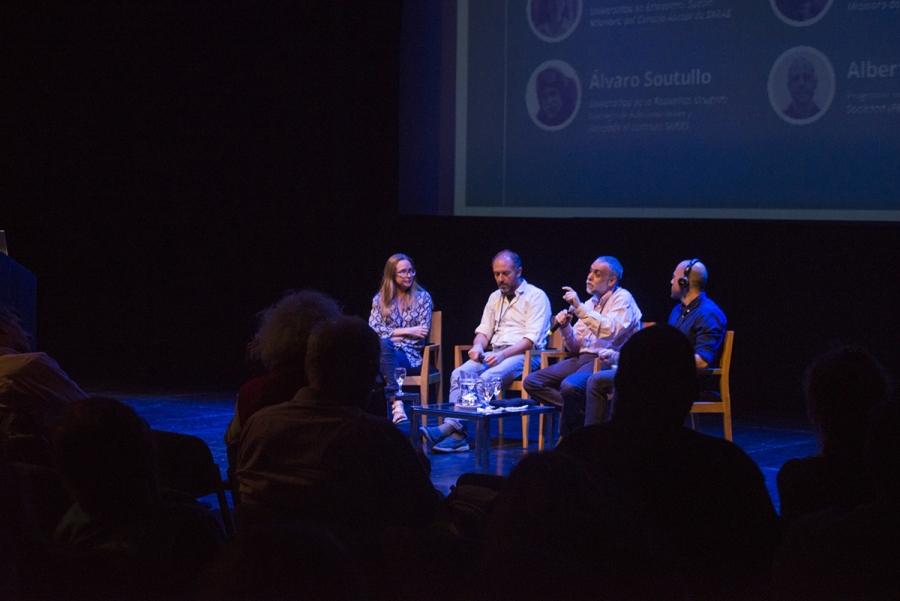
On December 5, 2018, SARAS Institute held the eighth edition of the series of public conferences with the event entitled “Ecosystem services: knowledge development and decision-making”.
The event was attended by national and international researchers, as well as representatives from various institutions and sectors. The audience comprised students from different disciplinary areas of Latin America, artists specializing in art-science interaction topics, and the general public with an interest in the subject.
The activity was organized in two main parts; firstly, a panel consisting of academics specialized in the subject contextualized the state of knowledge and management of ecosystem services. In the second part, there was a science-policy dialogue table focused on the analysis of the challenges for the current management of ecosystem services and their inclusion in decision making. Both parts included question-and-answer sessions where the audience was able to share their ideas.
More than 120 participants attended the conference which was held at SODRE’s National Auditorium with the aim of offering a space to learn and share opinions on relevant topics for all of society -one of the objectives promoted by SARAS Institute. In addition to the participants present in the room, the conference was followed live through the Institute’s website and social networks.
Welcome and keynote conference
Marten Scheffer (University of Wageningen, SARAS Advisory Board Chair) broke the silence and set the stage with a performance with harmonica and strings before the official opening..
After a welcome speech offered by the master of ceremonies, Micaela Trimble (Research and Cooperation Coordinator, SARAS), Néstor Mazzeo (SARAS Executive Director, Eastern Region University Centre-CURE-Udelar), and Henrik Österblom (Stockholm Resilience Center and SARAS Institute) as member of the organizing committee, the activity began with a keynote presentation by Patricia Balvanera (SARAS Advisory Board, National Autonomous University of Mexico and Vice President of the Scientific Committee of the Program on Ecosystem Change and Society – PECS).
Balvanera’s presentation was entitled “Biodiversity, ecosystem services and human well-being: evolution of paradigms and approaches” and focused on giving a general contextualization on the subject by presenting different approaches and ways of working based on four projects. Among the main messages, she stressed the importance of dialogue and collaboration between the academic and political spheres, for the advancement of the study of the problems related to biodiversity and nature in general, and its link to human well-being. She pointed out that an openness to listen and respect during teamwork with colleagues from other disciplinary areas is necessary, in order to develop work that can resonate better with the people involved. She also highlighted the importance of obtaining information and useful tools to improve such interface.
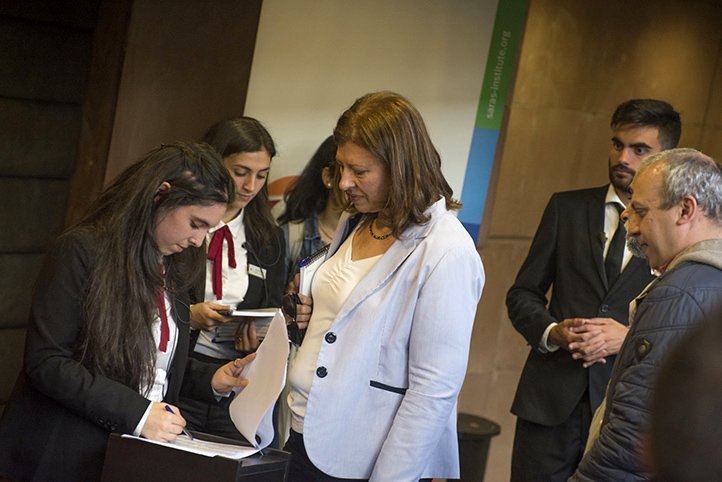
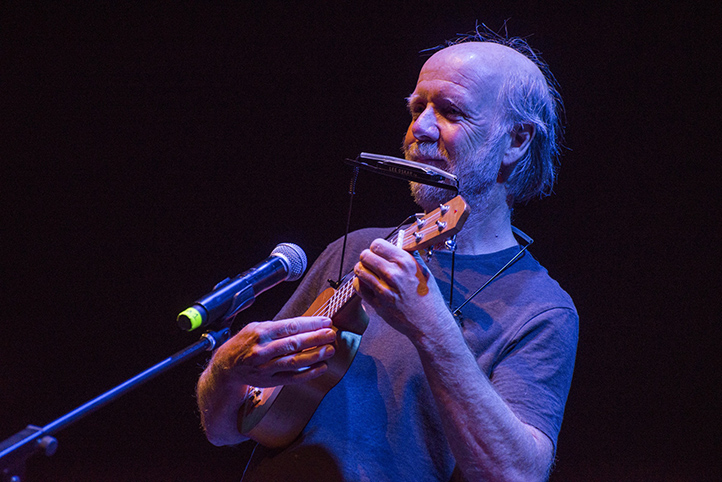
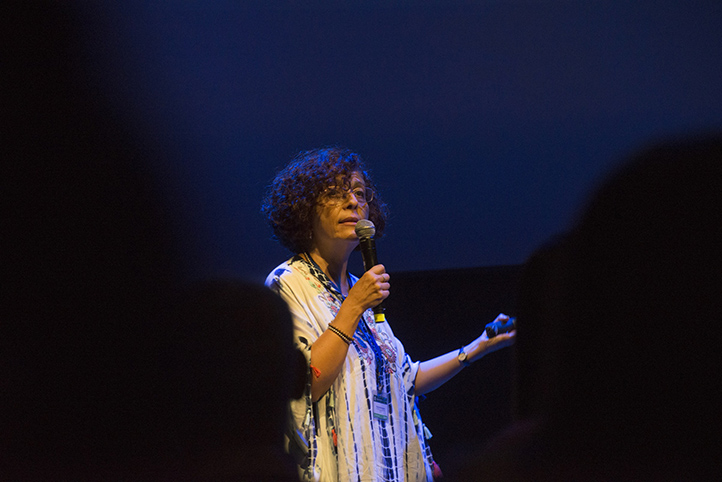
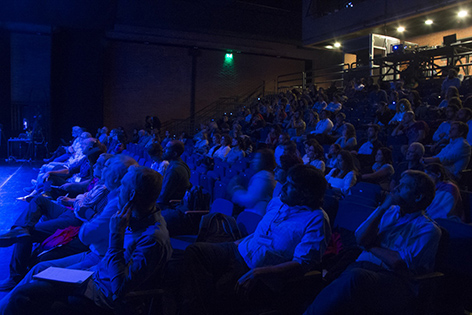
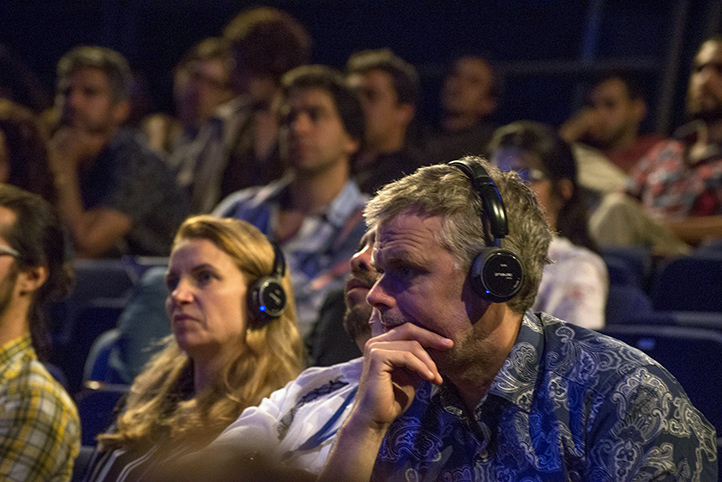
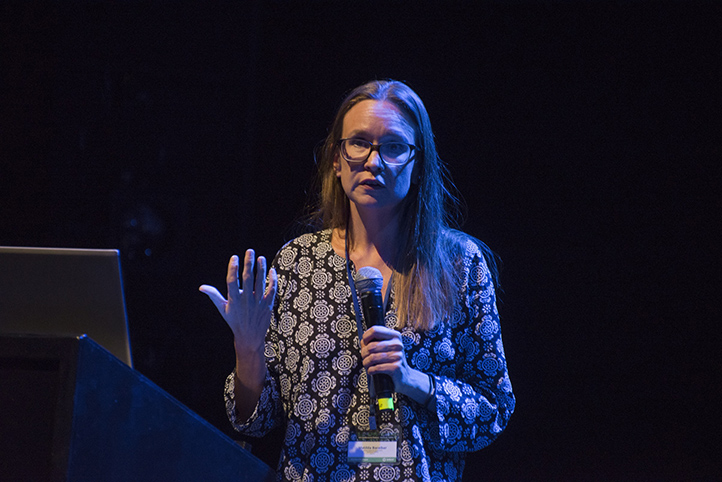
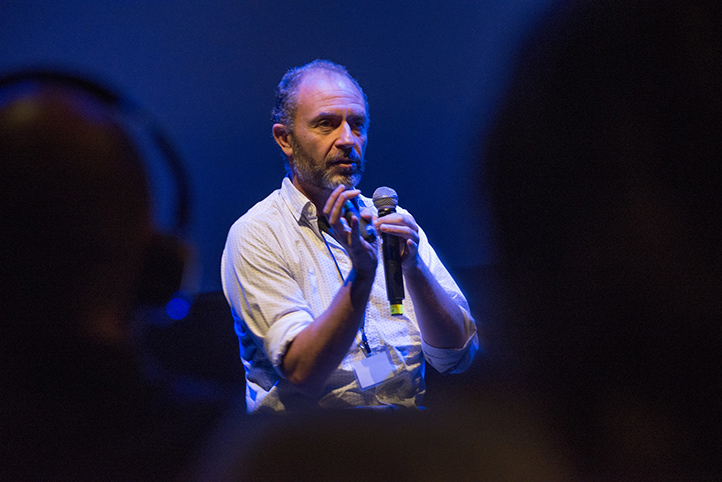
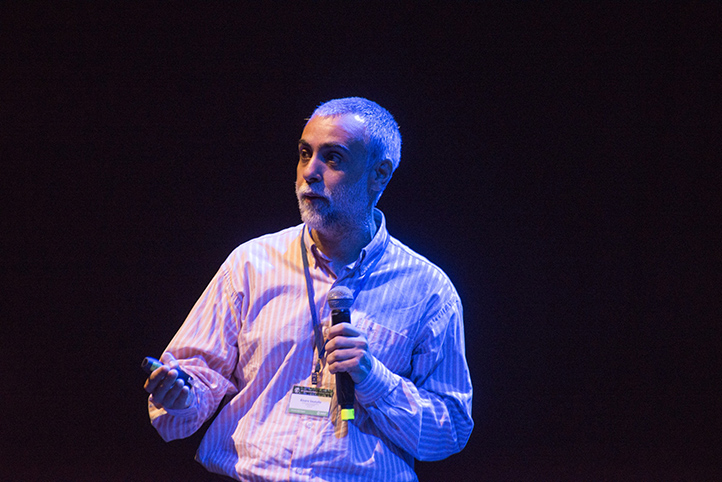
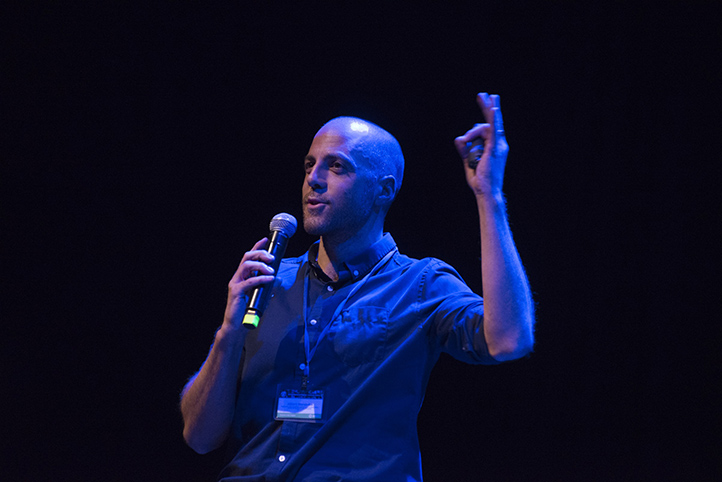
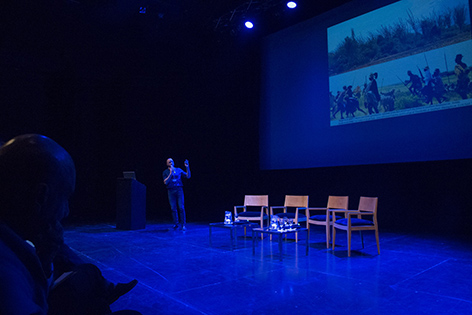
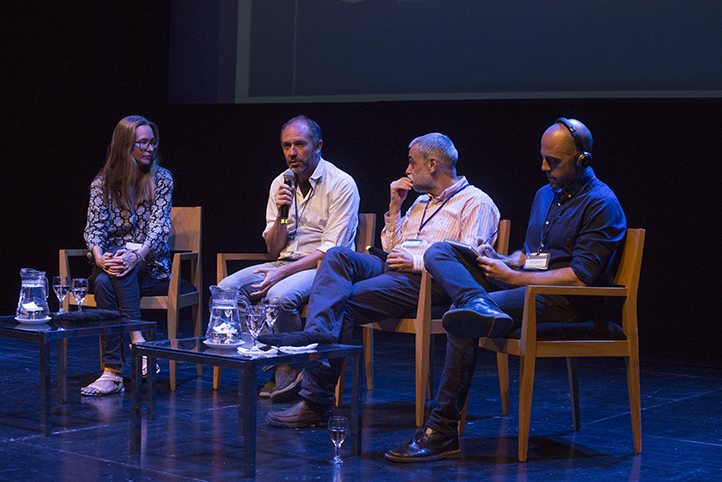
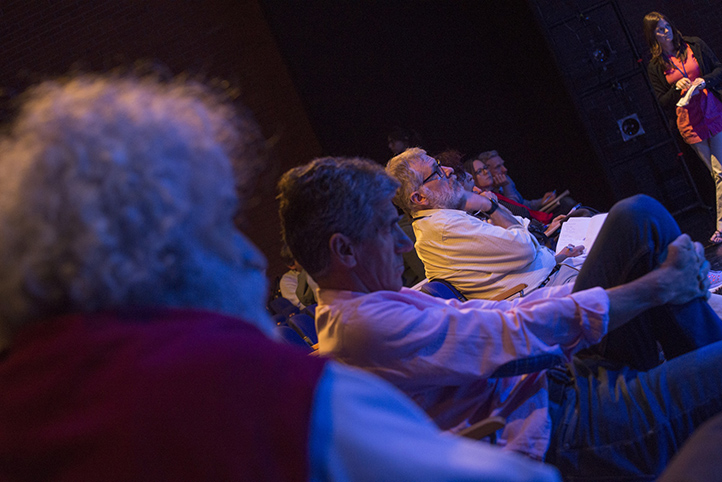
Panel on ecosystem services: state-of-the-art at different scales
The panel of experts began with the presentation of Matilda Baraibar (Stockholm University and SARAS Institute), who spoke about the economic policy of agricultural change in Uruguay and provided an overview of the situation both in the region and in the world. Baraibar explained how the development and expansion of agricultural and livestock products in Latin America, and specifically meat and soy in the Southern Cone, have been the main determinants of changes in land use. With this, she said, a series of environmental, social and economic impacts were unleashed, especially in relation to land ownership, which determined responses from the businesses and governments of each nation, which have not been unaware of the fluctuations of global markets. In this sense, she concluded that despite the answers given by Uruguay more recently, through land use and management plans and the Agroecology Law, for example, it is necessary to promote dialogue and ask ourselves about the kind of country we want, and in what direction we shall strengthen the development of the nation.
The second speaker was Esteban Jobbágy (National University of San Luis and SARAS Institute) who spoke about the agricultural expansion in Argentina and its environmental impact, which led to a more in-depth analysis on the issues raised in the previous presentation. Jobbágy reflected from the point of view of the South and based on his experience working with the communities from the Pampas and the Espinal Chaco region. After pointing out that “never in history has agriculture left such a large footprint, but it has never been so invisible to humanity”, he invited us to understand the extensive development of production in the region from a perspective of stinginess, where the focus is not on the extent of land. The main message focused on the need to understand the problems from a perspective that seeks to understand what are the issues that really matter to the region and discuss what are the paths to follow in the future.
Next, Álvaro Soutullo (University of the Republic and SARAS Institute) focused on two Uruguayan case studies that involved ecosystem services as an integrated or strategic approach to territorial planning. Soutullo highlighted planning as a strategic instrument that allows to detect what the benefits to be obtained from ecosystems are – understanding that the use of the territory implies many layers or levels that go beyond mere production and creation of economic value. Understanding the complexity of the problem of managing the inhabited territory, meaning the space where we perform different activities as human beings, requires changing the type of problems with which we work, which he identified as “wicked problems”. He said that it is necessary to look for new exploratory paths, that do not aspire to find optimal and unique solutions, but transitory ones, to understand what to do, where and for what reasons, while being immersed in the complexity of the issues.
Albert Norström (Program on Ecosystem Change and Society – PECS, Stockholm Resilience Center) closed the panel session and spoke about the role of ecosystems for human development in the context of the Anthropocene, the era in which human beings emerge as the main changing force of the planet. Norström talked about his work experience in Sweden and the lessons learned which transcend that region and are linked to initiatives being developed around the world. His main message, a summary of the ideas that were raised in the previous presentations, reinforced the need to understand the problems from a socio-ecological approach, considering the interaction between human beings and nature (with its positive and negative aspects). He also stressed the importance of working towards the coproduction of knowledge, which implies leaving the comfort zone of disciplinary domains to approach dialogues with all the players involved in a region or problem. It is at the interface between academia, community and decision-makers where the most interesting lessons and the most powerful and desirable decisions for all will occur, he added.
Science-policy dialogue roundtable
In the second part of the activity, the dialogue roundtable on science and policy was held, with the participation of: Marisol Mallo (National Directorate of Environment, MVOTMA), Gabriela Pignataro Climate Change Division, MVOTMA; Technical Interinstitutional Group on Ecosystem Services), Walter Oyhantçabal (Unit of Sustainability and Climate Change, OPYPA-MGAP), José Paruelo (National Institute for Agricultural Research, INIA) and Matías Piaggio (Environment for Development – CATIE).
After several questions that sparked a discussion moderated by Néstor Mazzeo, the issues raised included aspects such as the inclusion of ecosystem services management within institutional management, such MVOTMA or INIA for example, scientific perspectives, the interaction with different areas of knowledge and with civil society, the challenges and knowledge gaps on mitigation and adaptation to climatic change and variability, and the contributions to sustainable management of natural resources that an economic perspective could make, among others.
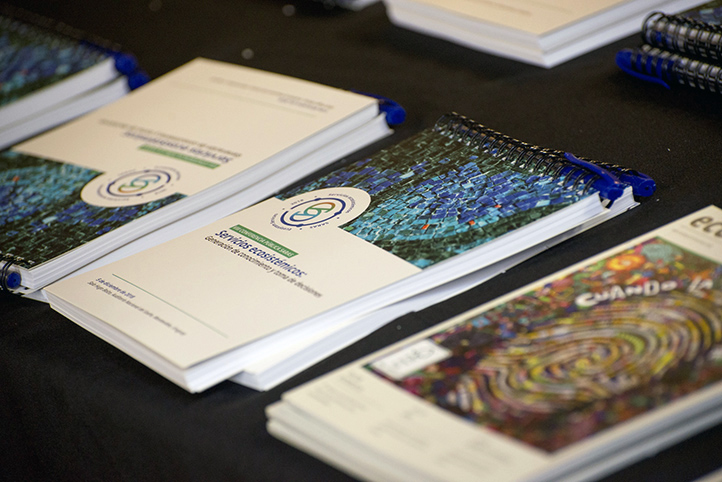
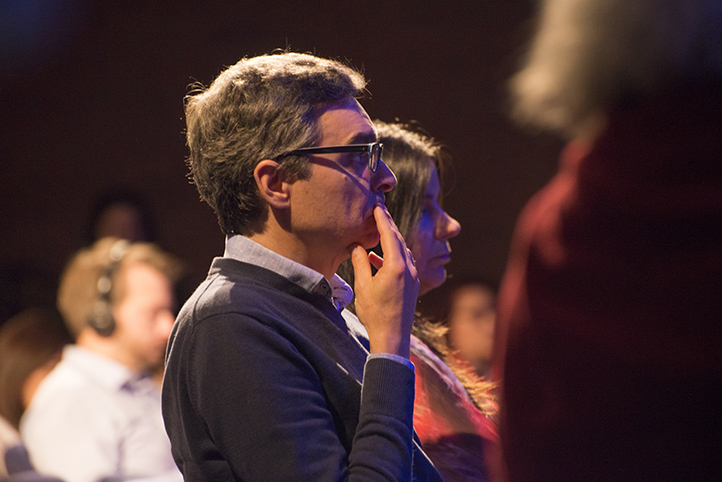
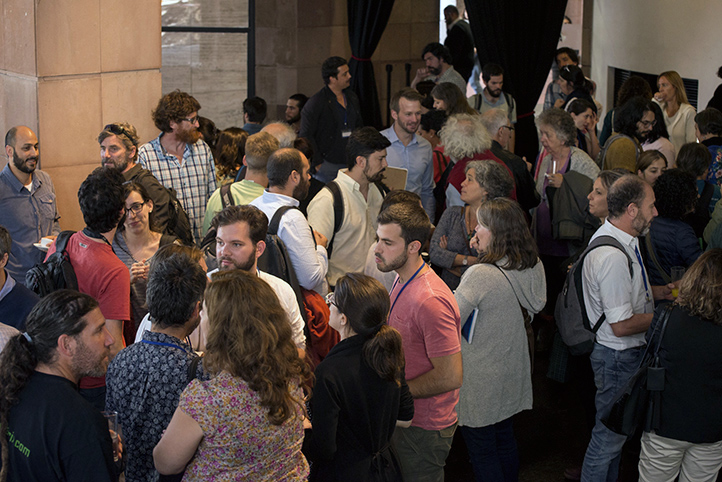
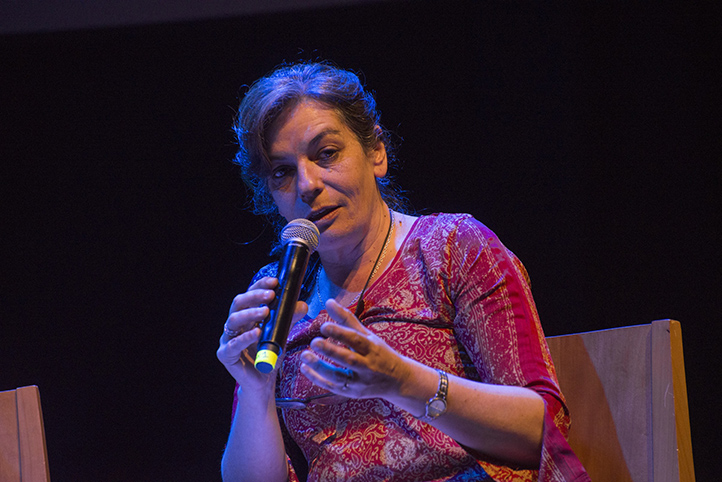
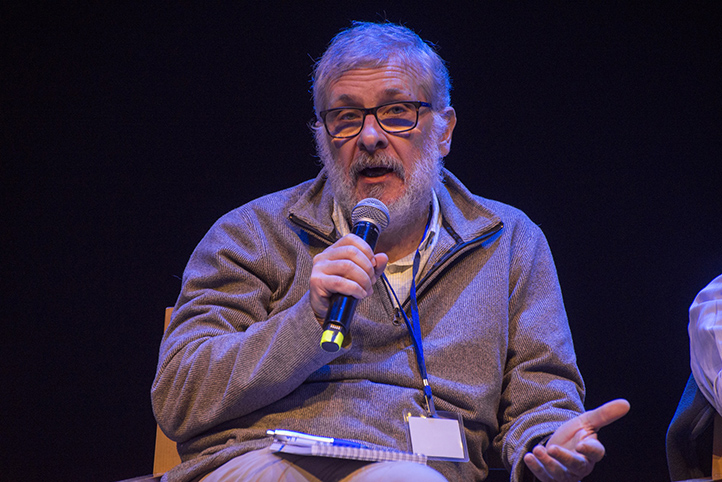
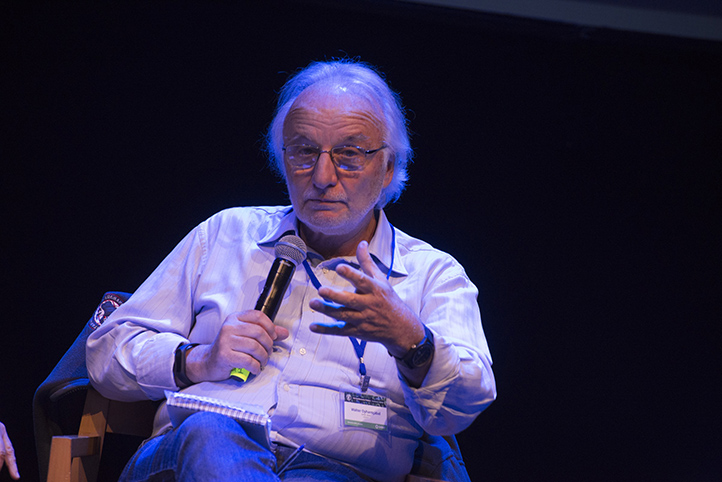
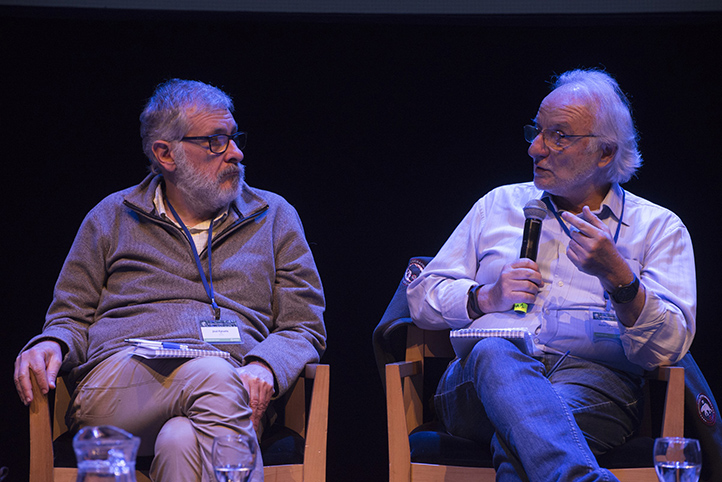
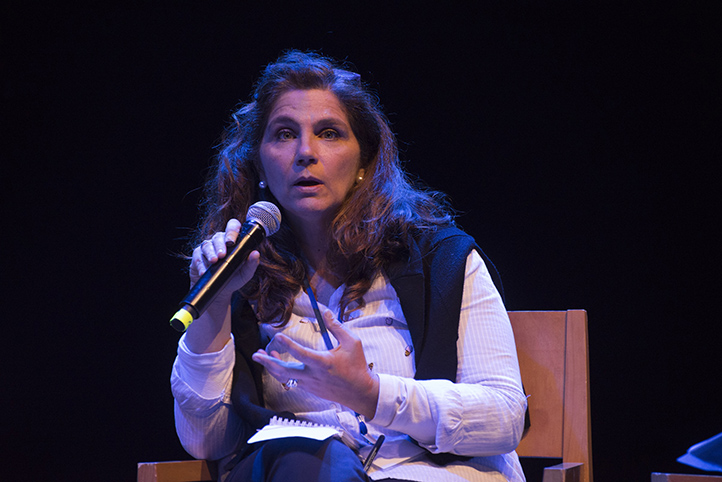
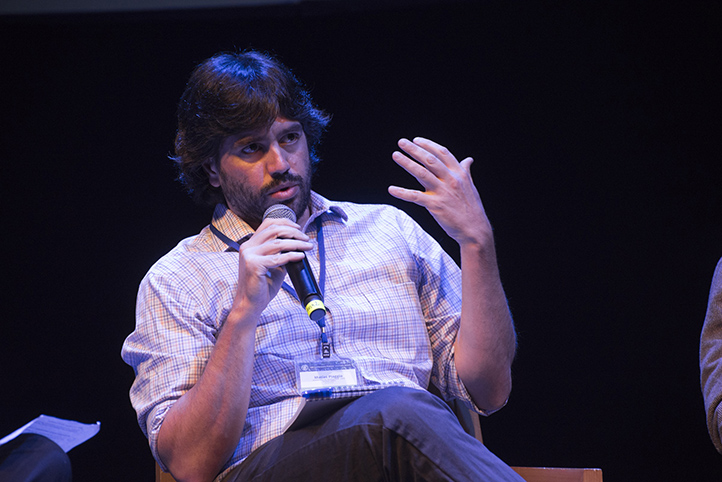
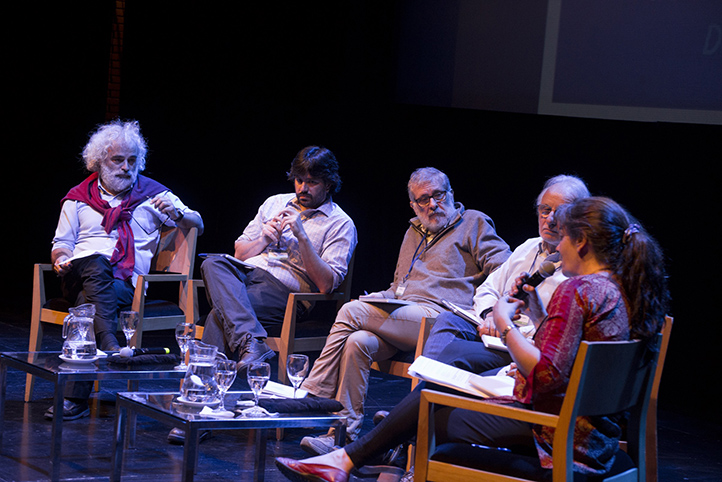
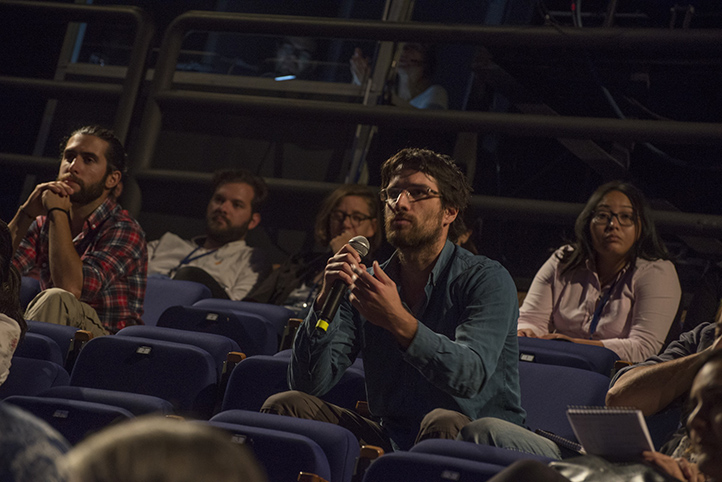
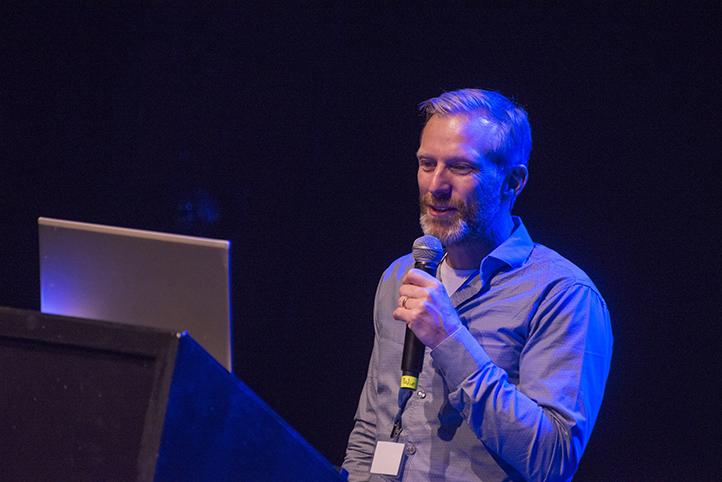
Summary and final thoughts
During the closing of the conference and to summarize, Henrik Österblom reflected on the different topics that were addressed throughout the afternoon. He indicated that the concept of ecosystem services allows us to have a common language to talk about the challenges and crises we face, and especially, to strengthen collaboration between different disciplinary domains, knowledge areas and players. Österblom stressed the idea of a social contract that science must acquire, referring to a quote by Jane Lubchenco, where scientists devote their talent to the most pressing problems, communicating clearly and exercising good judgment above all. He said that it is necessary to have more spaces that articulate this type of approach to science, quoting SARAS Institute as an example, that enable to interact and connect experiences happening all over the world.
Néstor Mazzeo added his final thoughts on the importance of breaking disciplinary fragmentations, especially the old division between art and science, where the promotion of art can play a role to address current problems in a more creative way, while opening greater opportunities to put these concepts into practice and look for other solutions and uses.
The conference entitled “Ecosystem services: knowledge creation and decision making” was organized by SARAS, together with the University of the Republic (Udelar), the University of Stockholm, the Stockholm Resilience Center (SRC), and the Program on “Ecosystem Change and Society” (PECS), which has its headquarters in the Stockholm Resilience Center.
It was supported by the National Directorate of Environment (MVOTMA), the Sectorial Commission for Scientific Research (Udelar), and the Basic Sciences Development Program (Udelar).
Here’s the video recording of the event:
To download the digital booklet of the Conference, click here.
To download the presentations, click on the name of each speaker:
Balvanera, Baraibar, Jobbágy, Soutullo
